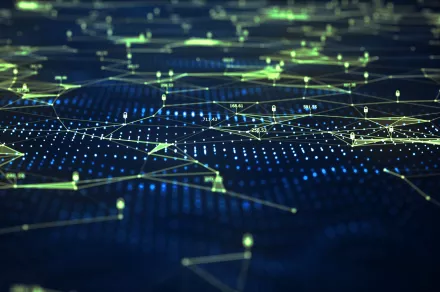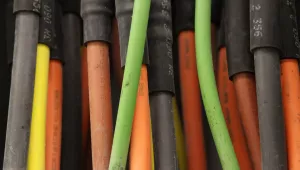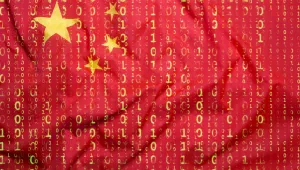
About the China Cyber Policy Initiative
China’s capabilities and intentions in cyberspace have and will increasingly have a significant impact on the various interests in the international community. However, the study of the intersection between China policy scholarship and cyber policy scholarship is relatively recent, and rapidly evolving. There is limited understanding and analysis on what has happened, what is happening, and what China’s capabilities and intentions may be now and in decades to come.
The China Cyber Policy Initiative, which was active from 2019 to 2020, sought to tackle those questions and offer thoughtful, in-depth, evidence-based analysis to inform public discourse on Chinese cyber issues and assess and communicate both the positive and more challenging consequences for the international community.
The aim of this initiative was to be a leading resource for, and convener of, international policy practitioners, academia, business, technologists, and civil society on China's Cyber policy and the broader question of cyber power and global politics.
We pursued our research through:
- The creation of new frameworks for considering and measuring cyber power in the form of Belfer's National Cyber Power Index; and
- The promotion of U.S.-China Track II dialogue on cyber-related issues.
The CCPI team endeavored to communicate our perspective in national and international fora to ensure that evidence-based analysis and nuanced perspectives inform thinking around one of today’s most important, sometimes misunderstood, and complex issues.

Belfer’s National Cyber Power Index
The Belfer National Cyber Power Index (NCPI) measures 30 countries cyber capabilities in the context of seven national objectives, using 32 intent indicators and 27 capability indicators with evidence collected from publicly available data.
In contrast to existing cyber related indices, we believe there is no single measure of cyber power. Cyber Power is made up of multiple components and should be considered in the context of a country’s national objectives. We take an all-of-country approach to measuring cyber power. By considering “all-of-country” we include all aspects under the control of a government where possible. Within the NCPI we measure government strategies, capabilities for defense and offense, resource allocation, the private sector, workforce, and innovation. Our assessment is both a measurement of proven power and potential, where the final score assumes that the government of that country can wield these capabilities effectively.
Researchers and practitioners should use the NCPI to gain a more comprehensive understanding of the components that comprise cyber power and how cyber means can be employed to achieve a range of objectives.
Track II U.S.-China Cyber Security
The Belfer Center for Science and International Affairs established a Track II Dialogue with the China Institute for International Strategic Studies (CIISS), to facilitate discussions between the U.S. and China, as well as representatives from both countries’ tech sectors, on the risks of cyber conflict. The Track II explored existing and new tools for mitigating these risks and possible areas for collaboration.
This Track II Dialogue was made possible through a grant from the Harvard Global Institute (HGI) and the Harvard President’s Office.




